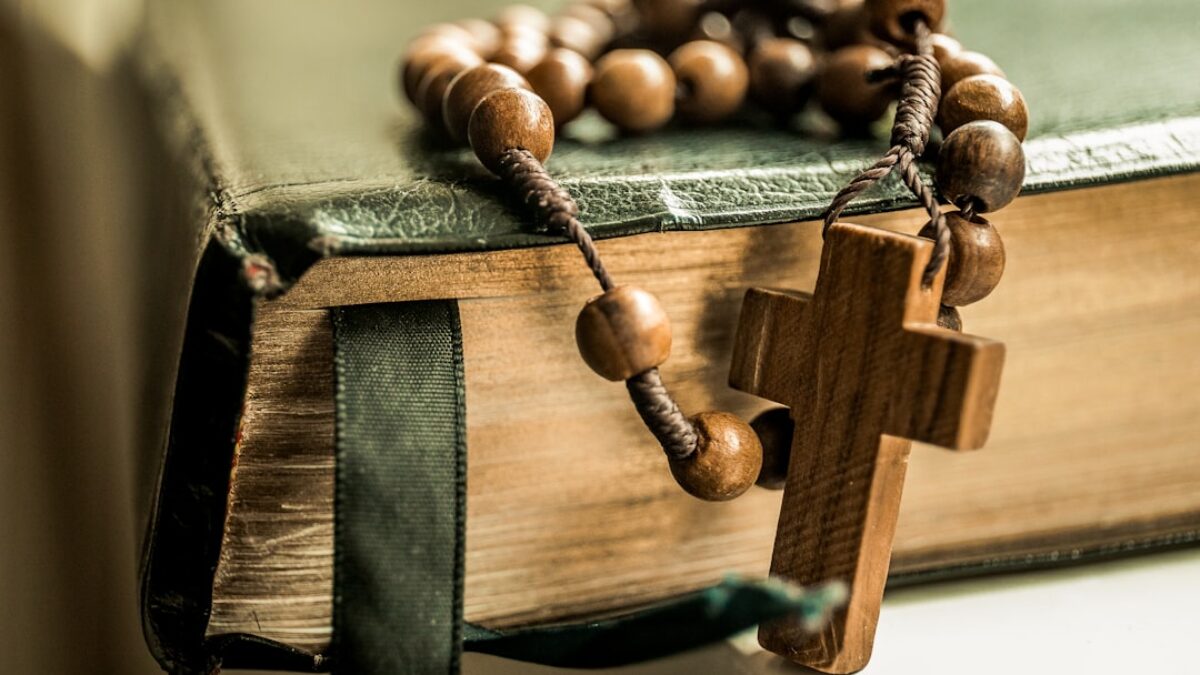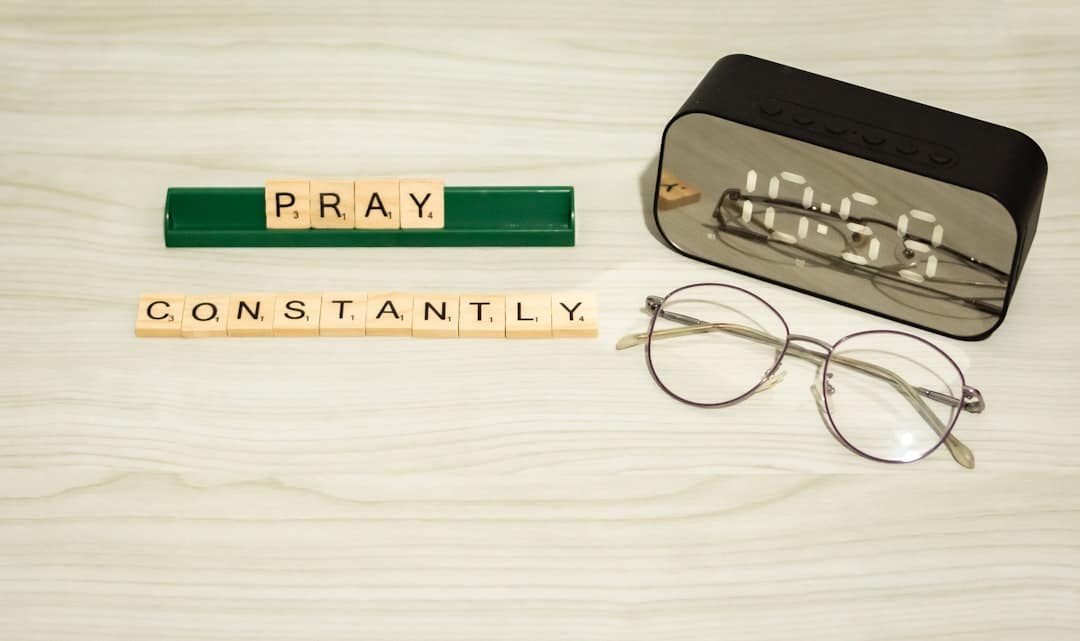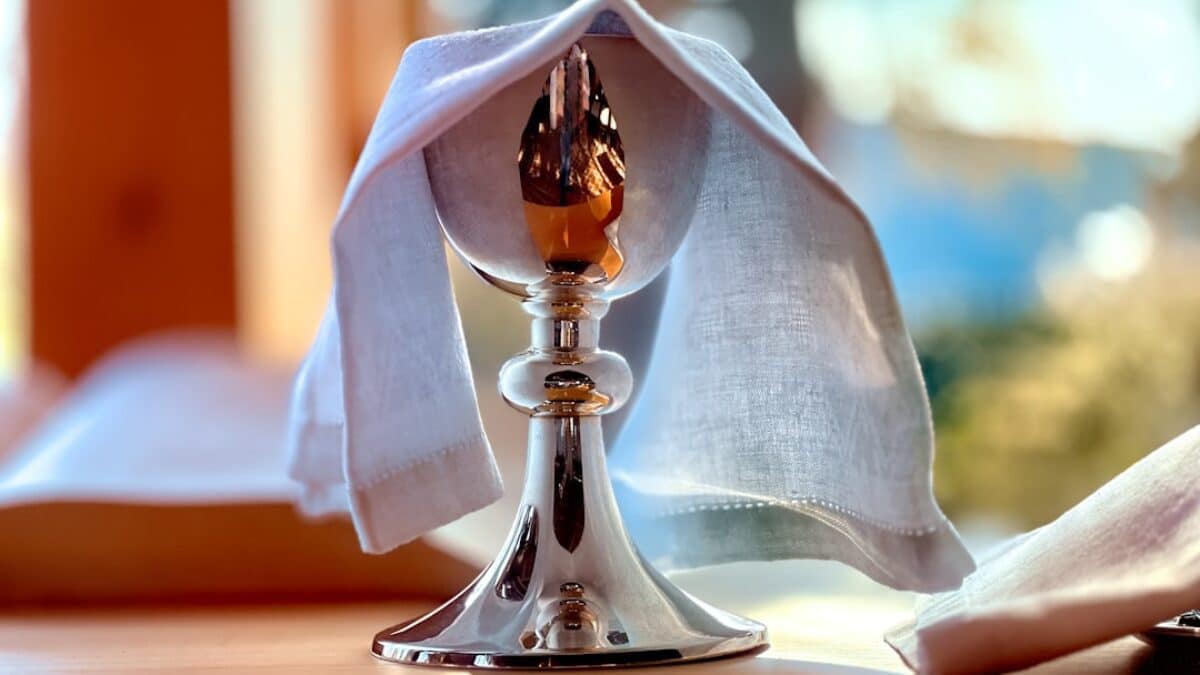Jumuah prayer, often called the “Friday prayer,” is the most important congregational worship for Muslims each week. It replaces the regular four-rakʿah Ẓuhr prayer for every adult, sane, resident male who is not travelling, and it carries the weight of an obligatory act when its conditions are met. Whether you are a new Muslim, a young adult attending your first Jumuah away from home, or simply seeking to perfect your practice, this guide walks you through every stage—from the moment you intend to leave your house until the final ṣalām—so you can participate with confidence, reverence, and maximum spiritual benefit.
Understanding Jumuah Prayer
Definition and Linguistic Meaning
The Arabic root j-ʿ-m carries the sense of “gathering” or “congregating.” Jumuah is therefore literally “the gathering,” and the prayer is inseparable from the physical assembly of believers. Unlike individual prayers, Jumuah is not valid alone; its very essence is congregation.
Legal Status in Islamic Law
- Farḍ ʿAyn (individually obligatory) upon every adult Muslim male who meets the conditions.
- Farḍ Kifāyah (communal obligation) for women and travellers; if some women attend, the rest are excused.
- Missed intentionally without a valid excuse is a major sin; missed for a legitimate reason (illness, etc.) should be made up by praying Ẓuhr.
Timing and Relationship to Ẓuhr
Jumuah time begins when the sun starts its decline after zenith and ends when the shadow of every object becomes twice its length (the end time for Ẓuhr). Most mosques schedule the khuṭbah to start 15–30 minutes after the adhā, ensuring the prayer itself falls within the permitted window.
Key Components of Jumuah Prayer
1. Preconditions (Shurūṭ)
- Islam, sanity and puberty of participants.
- Residence in the city or its suburbs (no travellers).
- Freedom (slaves in classical books were exempt).
- Health and ability to attend.
- Presence of the minimum congregation (scholars differ: majority say 40 adult males).
- A town or large village (not open desert).
- A single gathering place (masjid or musallā).
2. Recommended Acts Before Leaving Home
- Ghusl (full ritual bath) on Friday is mustaḥabb.
- Wear the best, cleanest clothes; perfume for men.
- Trim nails, clean teeth with siwāk.
- Leave early; walking if feasible rewards 7 sins erased per step.
- Recite Sūrah al-Kahf (any portion), send abundant ṣalawāt upon the Prophet ﷺ.
3. Structure of the Jumuah Service
| Phase | Description | Duration | Key Notes |
|---|---|---|---|
| Adhā#1 | Standard call to prayer | ≈2 min | First signal to proceed to masjid |
| Pre-Khuṭbah Sunnah | 4 or 2 rakʿahs optional | 5-7 min | Quiet, before sitting for khuṭbah |
| Khuṭbah | Two-part sermon | 15-25 min | Khaṭīb stands, leans on staff, recites Qur’an & advice |
| Adhā#2 (Iqāmah) | Call to establish prayer | ≈1 min | Immediately after khuṭbah |
| Farḍ Prayer | 2 rakʿahs with Qur’anic recitation | 4-5 min | Imam recites al-Jumuʿah & al-Munāfiqū or similar |
| Post-Prayer Sunnah | 2+2 or 4 rakʿahs | 5-8 min | Often prayed at home |
4. The Two-Part Sermon (Khuṭbah)
Every khuṭbah must contain:
- Praise of Allah and ṣalawāt upon the Prophet ﷺ.
- Qur’anic recitation audible to the congregation.
- Admonition and reminders.
- A supplication (duʿāʾ) for the believers.
The khaṭīb sits briefly between parts, and the congregation must maintain complete silence—even forbidding a “ṣadaqa” signal to a beggar.
Benefits and Importance
Spiritual Rewards
“Whoever takes a bath on Friday, goes early, walks and not rides, sits close to the imam, listens attentively, avoids idle talk— for every step he will earn the reward of fasting and praying qiyām for one year.” (Tirmidhī)
Additional blessings include:
- Expiation of minor sins from one Friday to the next.
- Duʿāʾ between the two khuṭbahs is rarely rejected.
- Weekly communal training in patience, humility, and unity.
Socio-Political Dimensions
Jumuah historically functioned as the Muslim town-hall: announcements, dispute resolution, and even military planning occurred after prayer. The khaṭīb is effectively the civic leader; hence classical scholars required the caliph or his delegate to deliver it.
Practical Applications
Step-by-Step Guide to Performing Jumuah
Preparation Phase (Thursday Night to Friday Morning)
- Intention—Resolve to attend before sleep; the Prophet ﷺ said angels write names of early attendees.
- Ghusl—Use two handfuls of water thrice on head, then pour over body. Women in menses skip ghusl but still encouraged to attend Eid-style gatherings.
- Clothing—Ironed thobe, clean socks, light perfume (men). Women wear modest jilbab, minimal fragrance.
- Food—Light breakfast; fasting after dawn is permissible, but eating dates before leaving is sunnah.
Arriving at the Mosque
- Enter with right foot, recite duʿāʾ of entry.
- Pray 2 rakʿahs tahiyyat al-masjid if early, then 4 rakʿahs sunnah quietly.
- Choose a spot close to the imam; avoid walking over people’s shoulders.
- Engage in dhikr and Qur’an until the adhāfor khuṭbah.
Listening to the Khuṭbah
As soon as the khaṭīb ascends the minbar, all worldly talk stops:
- Face the khaṭīb, not the Kaʿbah, unless praying sunnah beforehand.
- Keep hands relaxed, eyes lowered; some scholars allow note-taking for essential reminders.
- Respond audibly to Qur’anic verses and supplications.
- If late, decide: enter before the imam sits for the second part and you have caught Jumuah; otherwise pray Ẓuhr.
Performing the Farḍ Prayer
- The iqāmah is called immediately after khuṭbah.
- Make niyyah in heart: “I intend to pray the Friday prayer facing the imam.”
- Follow the imam’s every move; recite Fātiḥah silently behind him.
- After the imam’s second sujūd, sit for tashahhud and final ṣalām.
Post-Prayer Practices
- After the imam’s farḍ prayer ends, pray 2 rakʿahs sunnah mu’akkadah in the mosque.
- Optionally pray 2 more at home or 4 rakʿahs with one salām (Ḥanafī).
- Listen to announcements, greet 7 neighbours, and exit with left foot.
- Recite Āyah al-Kursī, Sūrah al-Ikhlāṣ, etc., on return.
Special Scenarios
Women Attending Jumuah
Women are permitted but not required. If the masjid provides a secure, non-mixed area, attendance is encouraged (Prophet ﷺ said, “They will not be turned back but should emerge without perfume”). Otherwise, they pray four rakʿahs Ẓuhr at home.
Workplace Constraints
Practical tip: Email your manager the Islamic calendar at the beginning of the year, noting Jumuah ends by 1:45 pm in winter and 2:30 pm in summer (adjust for locale). Use break-time plus a slightly extended lunch; many HR departments accommodate after a polite request.
COVID or Other Restrictions
When mosques closed globally, scholars allowed small groups (minimum 4 men) to hold Jumuah in warehouses or parking lots, provided the locality is not densely populated and the adhācan be heard. Maintain social distancing and shortened sermons.
Frequently Asked Questions
What is the minimum number of people required for a valid Jumuah?
The majority (Mālik, Shāfiʿī, Ḥanbalī) require 40 adult, sane, resident males. The Ḥanafī school regards 3 as the absolute minimum, though they prefer a larger congregation. Contemporary scholars adopt the stricter view to preserve the communal spirit.
Can I pray Jumuah behind an imam in another mosque via livestream?
No. Validity demands physical gathering; tele-presence separates the worshippers beyond a city block, nullifying the condition of communal assembly.
What if I arrive while the khuṭbah is already in progress?
- First rakʿah standing—You have caught Jumuah; pray 2 rakʿahs sunnah afterwards.
- Khaṭīb has sat between parts—Still acceptable; join quietly.
- Second part finished—Pray four rakʿahs Ẓuhr individually; your Jumuah is missed.
Is there a specific supplication to recite during the khuṭbah pause?
The Prophet ﷺ taught: “Allāhumma salli ʿalā Muḥammad wa ʿalā āli Muḥammad, wansur jundahu, wansur ansārahu, wa humma thullata aʿdā’ihi.” It is read silently between the two khuṭbahs.
How do I make up missed Jumuah?
There is no qaḍāʾ (make-up) for the congregational nature of Jumuah; rather, you simply pray four rakʿahs of Ẓuhr, preferably in congregation at any time before sunset
























Post Comment